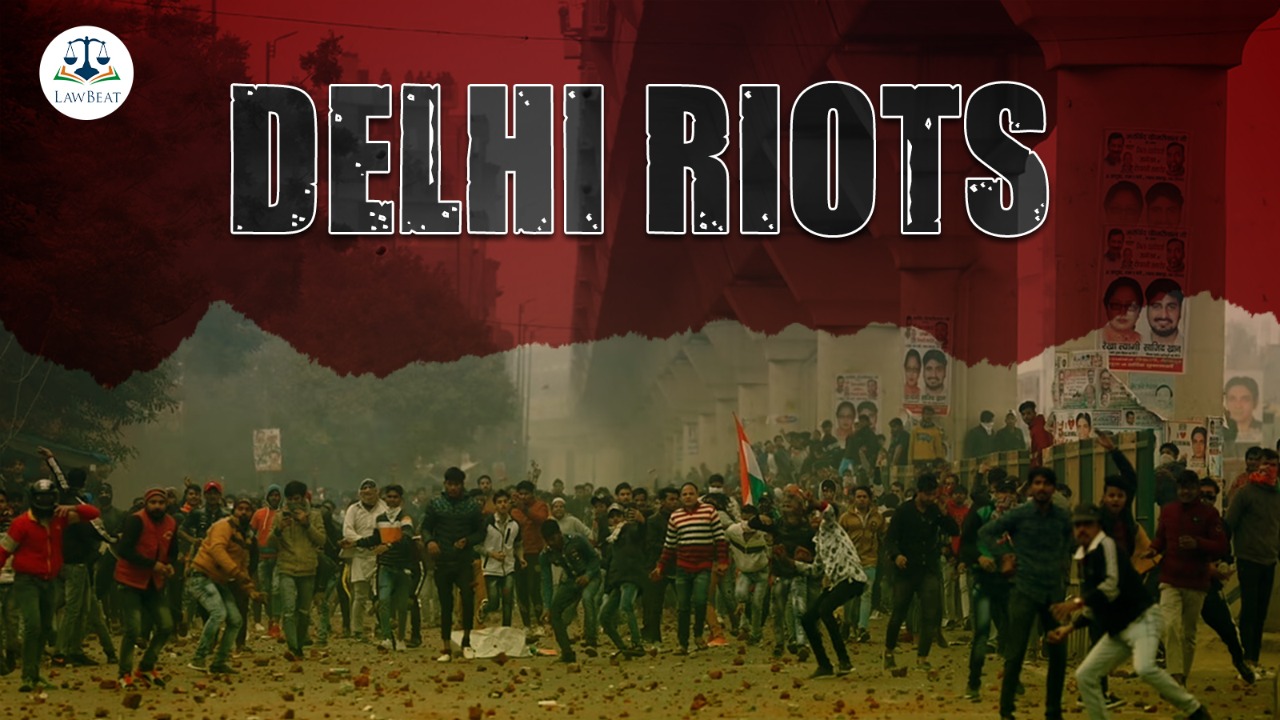Delhi Court acquits 4 accused in Delhi Riots due to insufficient evidence

Court acquitted four men accused of having been involved in the Delhi riots due to lack of evidences.
A Delhi Court has acquitted 4 accused in the Delhi riots case giving them benefit of doubt due to lack of evidences.
Additional Sessions Judge Pulastya Pramachala acquitted Mohd. Shahnawaz, Mohd. Shoaib, Shahrukh and Rashid stating that charges levelled against the accused persons in this case were not proved beyond doubts.
Mohd. Shahnawaz, Mohd. Shoaib, Shahrukh and Rashid were accused of offences under Sections 147 (rioting), 148 (rioting armed with deadly weapons), 149 (unlawful assembly), 188 (disobedience to order of public servant), 380 (theft in dwelling house), 427 (mischief causing damage) and 436 (mischief by fire or explosive substance with intent to destroy house) of the Indian Penal Code.
The accused had pleaded innocence, stating that they were not present at the spot and they have been falsely implicated in this case.
Over the question of unlawful assembly and riots, the court after going through the testimony of witnesses, opined that the combined effect of evidence proved that an unlawful assembly was formed, which indulged into vandalism and arson in the area on February 24, 2020.
The bench also considered the question as to whether accused were also involved in the aforesaid incident, as member of above-mentioned unlawful assembly.
The bench noted that the witness (head constable) stated that he could not identify any of the rioters due to long lapse of mind. He took plea that he was suffering from memory loss and was also taking medicine for the same, court stated.
In view of the the above, the bench noted that constable remained the only witness, to prove the identity of the accused persons as member of the mob responsible for incident in question.
Whereas, the counsel for accused had submitted that the constable was a planted and tutored witness.
Deciding the above, the bench relied on the judgment in the case of Masalti wherein the Supreme Court had noted that for inviting liability by virtue of Section 149 IPC, it is not required to prove overt act on the part of every member of the mob.
However, the court opined, "At the same time rule of prudence has been spoken about, for fastening vicarious liability with aid of S.149 IPC. That rule of prudence is the genesis of test mentioned in the case of Masalti. In that case also, it was approved as a mark of precaution, rather than laying it down as a hard and fast rule."
Noting that the there was mark difference in the testimony of these two witnesses, the court applied the test of consistent testimony and observed that the testimony of the constable could not be sufficient to assume presence of accused persons in the mob.
Case Title: State v. Mohd. Shahnawaz @ Shanu etc.
